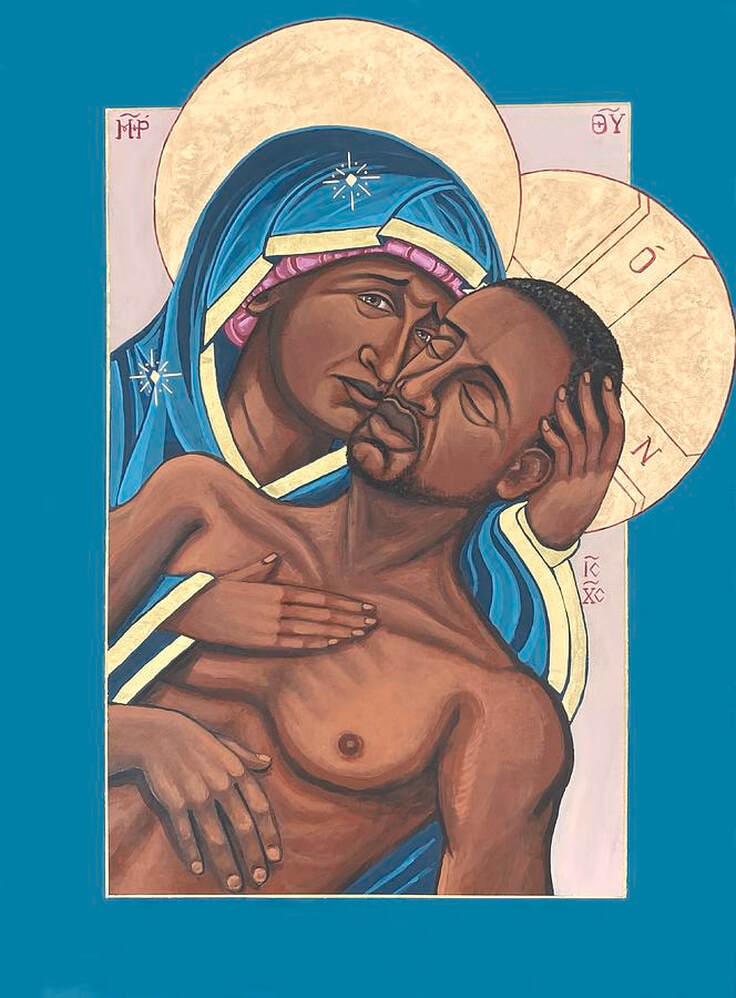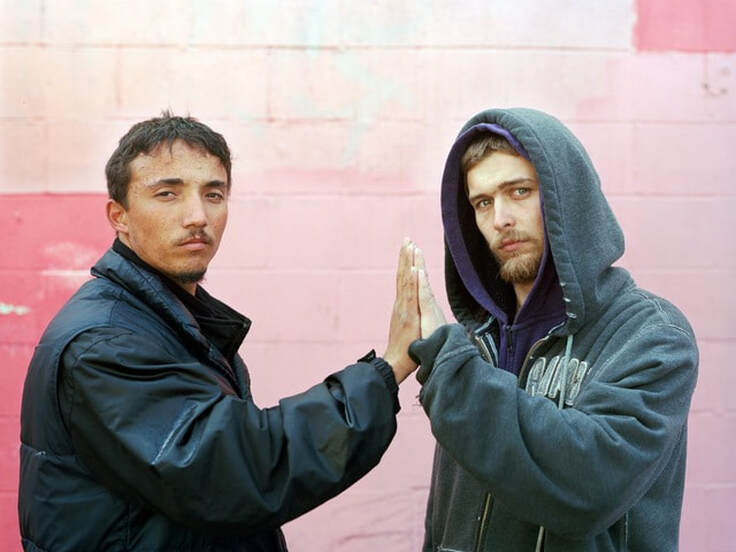Radical Hospitality as the scandalous welcome of God is central to our practices as a faith community. For the kingdom of God is like a big, long banqueting table, full of friends, strangers, neighbors, misfits, and sojourners. I love the invitation of the table. For there is something so earthy, bodily, and yet mystical that happens around the table. When we break bread together, we feel a sense of connection, delight, community, and presence.
So much of how we imagine gathering as the community of God’s people is around the table. Hospitality has been a pillar of Christianity over the millennia as Christians have cared for the sick, the orphan, the widow, and the stranger. Far from the modern, Martha-Stewart-influenced notions of hospitality meant to impress, hospitality was the means of grace to care for those in need. “Welcoming the stranger… is the most often repeated commandment in the Hebrew Scriptures, with the exception of the imperative to worship the one and only God" (Theologian Orland Espín).
In the New Testament, Jesus displayed a radical inclusivity and welcome in which he modeled a spirituality that is shown to the least of these — the hungry, the needy, the prisoner, and the sick (Matt 25). Hospitality comes from two Greek words: philos which means “friend” and xenos which means “stranger.”
Hospitality is the love of strangers.
As followers of Jesus, we are called to love our neighbor and the stranger —those who are often excluded and neglected in society. And this is very challenging today. We are so fragmented in our society. We don’t know our neighbor. We have largely outsourced and institutionalized care for the stranger. We are prone to gather in our homogenous groups, and we don’t often bump up against those who are different from us. We are often isolated from the real needs and hunger of the oppressed and the poor. And we are afraid…that we’ll be overwhelmed, that we’ll be pushed to our limits, that we won’t have enough time, money, and resources…
Yet, Jesus invites us into another way — a way of abundance that combats the scarcity we feel. We are invited into radical love and generosity. Jesus modeled a scandalous and highly controversial faith that welcomed and included those in society who were outsiders. This greatly offended the Pharisees and still offends us today.
Jesus befriended those on the margins, those who were invisible, those who were oppressed, and those without power, privilege, and voice. And he was highly criticized by the religious people of the day for hanging out with the wrong people. The wrong race, the wrong religion, the wrong gender, the wrong status. But we must understand this.
This. Is. The Gospel.
Its essence is radical welcome and inclusion. We see this as Jesus welcomed women, Samaritans, crooks, adulterers, and lepers, many of who were considered to be no less than dogs. No one is outside of God’s mercy and grace. This gospel transforms communities. It breaks down all the divides. The kingdom invitation is for everyone. Slave and free. Rich and poor. Educated and uneducated. Jew & Gentile. Christian & Muslim. Indigenous and refugee. Every shade of black, brown, and white. Straight and gay. Conservative and liberal. Everyone is invited to the table of God.
Because of this, I believe that radical hospitality is central to who we are as a church. For it is the essence of the kingdom.
This is the extravagance of the feast of God.
by Jessica Ketola



 RSS Feed
RSS Feed
